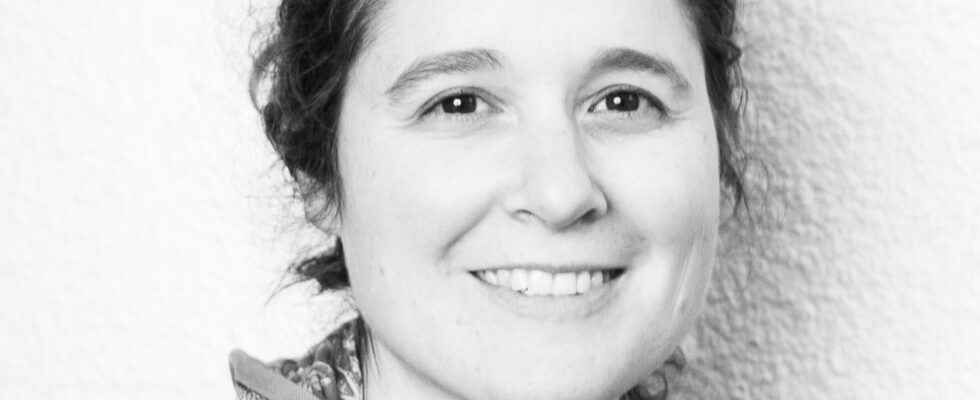For any urban development, it is essential to take into account the opinion of residents and all users, for example, students and employees who frequent a district without necessarily living there. Why ? Because it happens that architects and town planners, despite being technically competent and endowed with the best intentions, give birth to a project that causes immense disappointment. See some large housing estates or eco-districts today.
My first conviction stems from this: consultation is an integral part of the project process, and must start from the very beginning of the reflection. Gross errors are thus avoided. I remember a city that the designers absolutely wanted to “open up”. However, when we questioned the people living in this district, it appeared that they were extremely mobile! Their difficulties were quite different: the poor quality of the public space, the lack of shops, the school map… Obviously, if the problem is posed badly, we come up with bad solutions.
Election pressure
I am often told: “Consultation is a waste of time.” I answer: “Consultation is not a waste of time. It corresponds to the time necessary to achieve a successful development. Well articulated in the process of a project, it does not disturb its progress, it is integrated into the reflection. ” Because that’s my second belief: doing it this way produces better projects. You still have to get there early enough. Often, we wait until everything is almost finished to present the program to the inhabitants. Therefore, if oppositions appear, it is a disaster, because there are only two solutions left: force through or start all over again. And in the latter case, indeed, it can be very, very long.
On the other hand, if we take the part of the consultation from the start, we do not waste time because the project is co-constructed with the users. Better: it is refined. We worked on the development of the Place de la République in Paris, alongside the TVK architects. The program provided for four terraces and steps on the north of the square. Visits to the site with users, including visually impaired people, helped to identify risks of falling. In the end, only two terraces were kept, to everyone’s satisfaction.
I am well aware that, sometimes, consultation time is not compatible with election time. A mayor, it is quite normal, wishes to see his projects completed before the next election. But I ask the question: do we collectively agree that election time should have this level of impact on the planning of the city?
I add that I am not in a demagogic posture. I have been working in this profession for twenty years and I can testify to it: just as the inhabitants are happy to be able to give their opinion, they are in demand of the technical skills and view of the designers. They expect architects, town planners and elected officials to assume their responsibilities and provide proposals and points of view. Moreover, nothing prevents a mayor from saying: “I listened to you, but I don’t agree with you.” Town planning is always a debate on social issues: how do we want to live together? Opening up these topics in consultation does not imply renouncing political and technical convictions.
An excerpt from the special issue of L’Express “Find the city that suits you”
